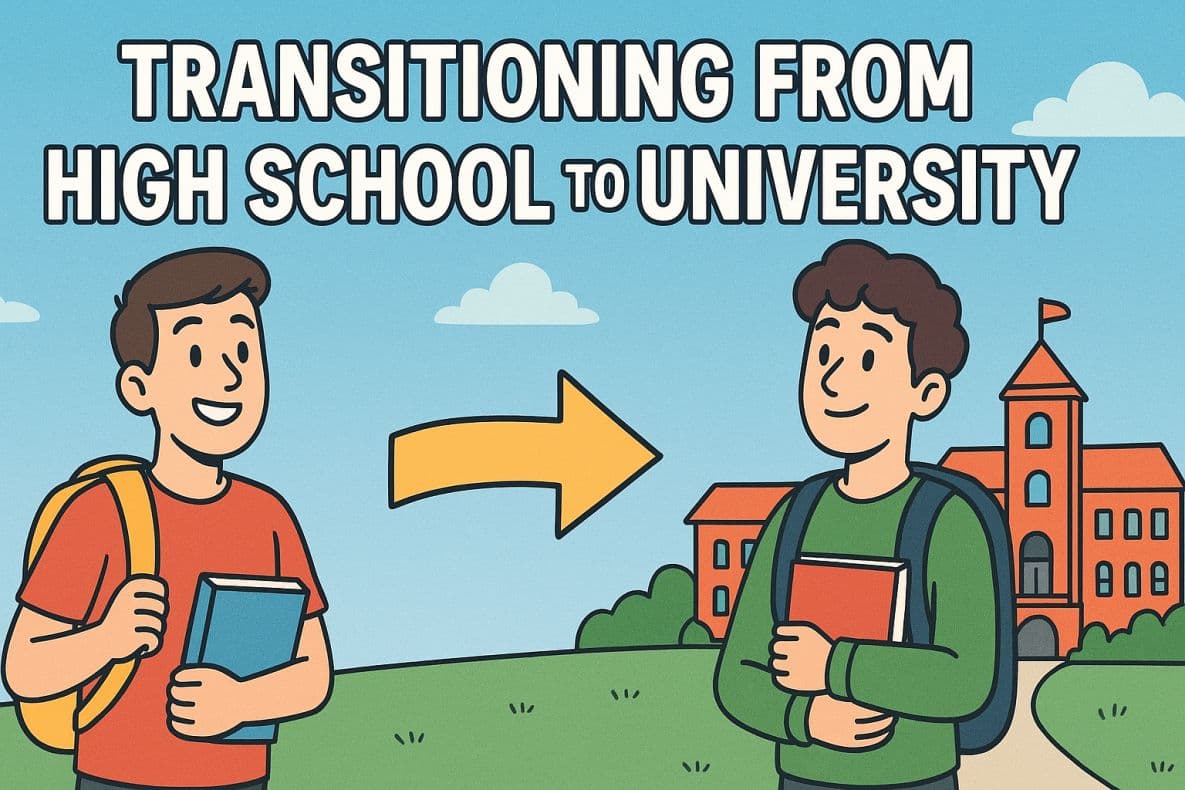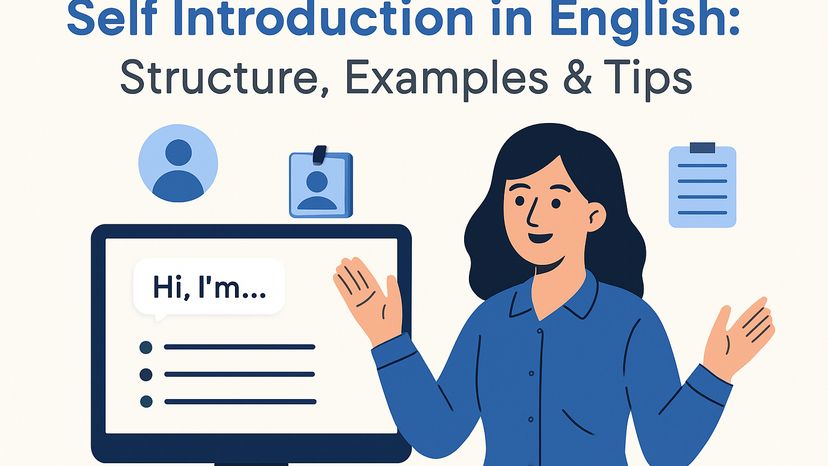From backpack to briefcase, this is the journey we undergo while navigating the high school to university transition. It is a monumental step in our life, where we leave a friendly, homely environment and step into the real, unknown world. Emotions like excitement, anxiety, nervousness, thrill and happiness rushes into our mind and body, when we leave high school with a heavy heart and enter a new, adult phase of university life. Some students may feel a bit overwhelmed for those who step out of their comfort zone while entering their dream university but it is also a time of immense growth, professionally as well as personally. The major changes comes into these aspects of life -
- Academic Changes – university academics are a whole different ballgame. The biggest transition is from spoon-fed information in high school to being a self-learner in university. The class load decreases as there are fewer classes in university and a lot more self-learning, independent study time. In high school, your classes are structured and fixed; also you are expected to attend every class. In contrast to this, your day in university is much more flexible, you get to manage and decide the classes you wish to attend, tailoring your day according to your own interest. The focus in high school is on memorising facts and scoring good marks while in university the focus shifts to critical thinking, analytical skills and its application. The syllabus at university can vary from course to course. At the beginning of a course, you are provided with a syllabus outline and assignments which are to be done and submitted before the given deadline. To cover the syllabus, you need to do more self study and own research. In university, you are in charge of your own learning.
- Social Life – in university, social life is a dynamic and integral part of the overall university experience. In high school, social life is based solely on friendships and is limited to your classmates, however this is not the case in university, and you have to build new connections and communities from scratch, all by yourself, engaging with a diverse group of people. In university, you meet people from different cultural backgrounds, different cities and majors. You have independence in university life to choose the social circle you want for yourself. You get to decide whom you want to befriend and what activities to participate in. In universities you have different clubs catering to different interests like debate club, sports club, singing club, dance club, and theatre, etc. Clubs are one of the best mediums to meet new people and make connections.
- Life Skills - university is not only important for creating a foundation in academics but is also a training ground for life. It teaches you necessary life skills which are needed to survive and manage yourself in an independent space. With fewer classes and more assignments, you need to balance your study time and self time, which requires time management skills. University schedule teaches you time management on a daily basis where you create a personal schedule and prioritizing tasks to meet deadlines. University coursework emphasises on analysis. You learn to evaluate and solve complex problems independently. You also learn self-discipline by motivating yourself to attend classes, completing assignments and study effectively. In university, you also learn to manage your finances by yourself for the first time. Tracking expenses, creating a budget and making smart financial decisions regarding living costs also comes under financial literacy, an important life skill which university teaches.
Common Challenges in University
The transition to university life presents a number of challenges and it is difficult to overcome them, learning to overcome them is the key to successful university experience. Academics are tough and rigorous coursework becomes the first and foremost obstacle. The study material is more complex and needs better understanding and analysis. To overcome this dire problem, you need to attend all the classes and utilize university’s academic services like libraries and labs. Procrastination and laziness also becomes a challenge in university life, this can be managed by using studying techniques like the Pomodoro Method. Homesickness is a common challenge in university life and it’s a universal experience . Staying connected with your family and building new connections on campus will significantly reduce the homesickness you may feel. The stress of academics, social life and newfound freedom might lead to anxiety and poor mental as well as physical health. Enough sleep, a balanced diet, and regular exercise can be helpful. If you continue to struggle, you can reach out to university’s counselling services too
FAQs
Q1. What is a discrete structure?
Ans. Discrete structure is a mathematical structure that studies countable and distinct objects.
Q2. How to be the best student?
Ans. This is a subjective topic, but a general answer would be to score good marks, behave properly, follow code of conduct, etc.
Q3. What are computer science discrete structures?
Ans. In computer science, discrete structures are used in solving complex problems and making algorithms.
Q4. What is the difference between research and thesis?
Ans. Research paper is short and focused on a single topic which can be used for various purposes while a thesis paper is lengthy and detailed, often compulsory to complete a masters or a doctorate.
Q5. How is engineering and innovation connected?
Ans. Engineering and innovation are interconnected in a way that engineers create gadgets and in developing and implementing new ideas.











